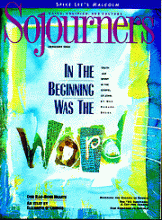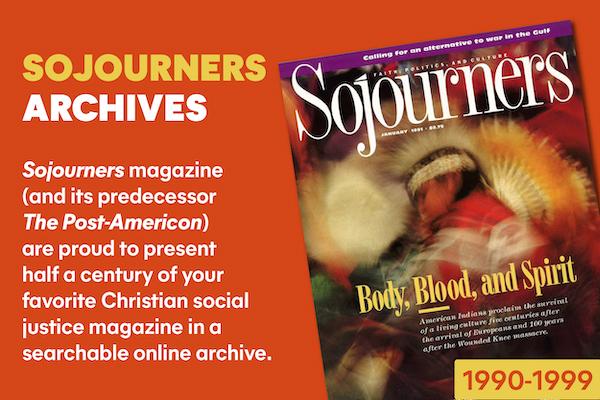SANTO DOMINGO, DOMINICAN REPUBLIC - Rigoberta Menchu, who was named a Nobel laureate during the October 12-28 meeting of the Latin American bishops, was not present in person in Santo Domingo. But present she was nonetheless in the hearts of many, representing clearly the strong voices of those on the margins who have done so much to re-create the Latin American church and who have enabled the church to enflesh a "preferential option for the poor."
The opulent setting of the Fourth General Conference of Latin American Bishops (CELAM IV) could not have been farther from the reality of Rigoberta's indigenous roots--it could not have been farther from the reality of most base communities more often found in barrios or favelas. But the strength of Rigoberta's witness captured the attention of those gathered in the Dominican Republic and sharpened hopes that the bishops would again speak prophetic words about the commitment of the church to the most marginal of the continent, including indigenous people and Afro-Americans.
Occasionally an opportunity presents itself to witness the lumbering machinations of a ponderous institution in operation, to glimpse the contrasts more clearly--the grace and sin, the dangers and opportunities, the worldly power and the power of God. Such was the case at the bishops' meeting, where the Latin American church encountered the Church of Rome--and maneuvered around a dance floor upon which were laid out the hopes and struggles for justice of an impoverished and faithful people who have poured out their life's blood in pursuit of the reign of God. "Will the church," they asked, "continue to have relevance in our lives when, after 500 years of evangelization, we continue to suffer in a reality of injustice and dehumanization?"
Read the Full Article

